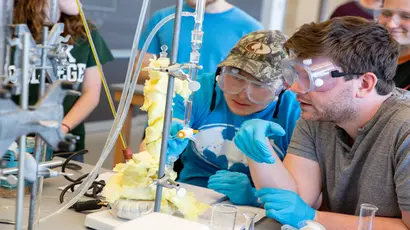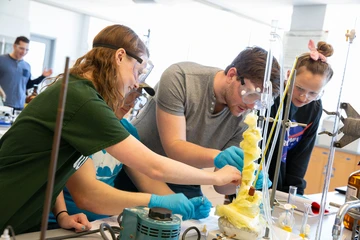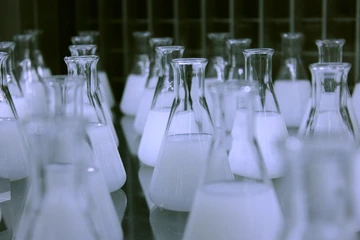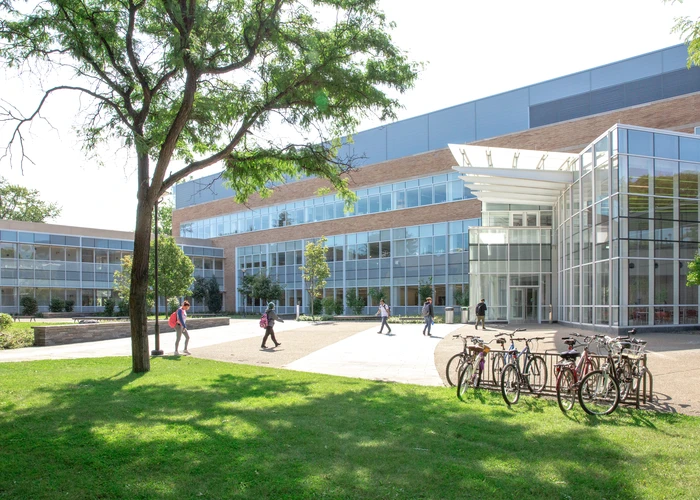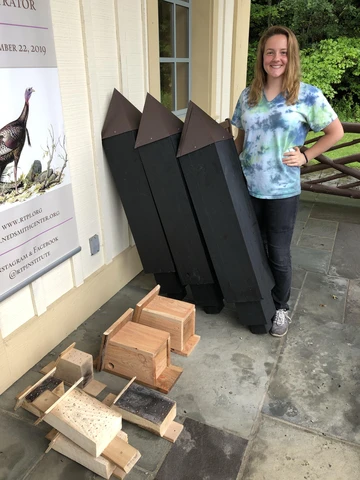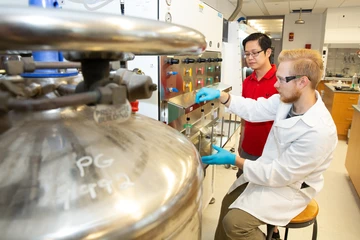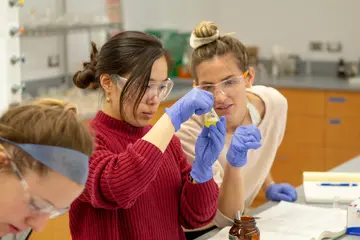Teach, Inspire, and Innovate in Chemistry Education
Are you ready to combine your love for chemistry with the excitement of teaching? The Chemistry Adolescence Education BS Degree at Fredonia prepares you to inspire the next generation of scientists. With a blend of rigorous science coursework, educational theory, and hands-on teaching experience, you'll graduate ready to lead in both the lab and the classroom.
What You'll Gain
- Dual Expertise – Gain in-depth knowledge in both chemistry and education, with a dual major in Adolescence Education and Chemistry.
- Field Experience – Engage in hands-on teaching and science practicum every year, preparing you for real-world classroom environments.
- Research Opportunities – Participate in undergraduate research, working alongside faculty on publishable projects with access to state-of-the-art labs.
- Small Class Sizes – Benefit from personalized attention in upper-division classes, fostering meaningful student-faculty interactions.
- Teaching Assistantships – Develop leadership and teaching skills by working as a TA in chemistry labs and lectures.

